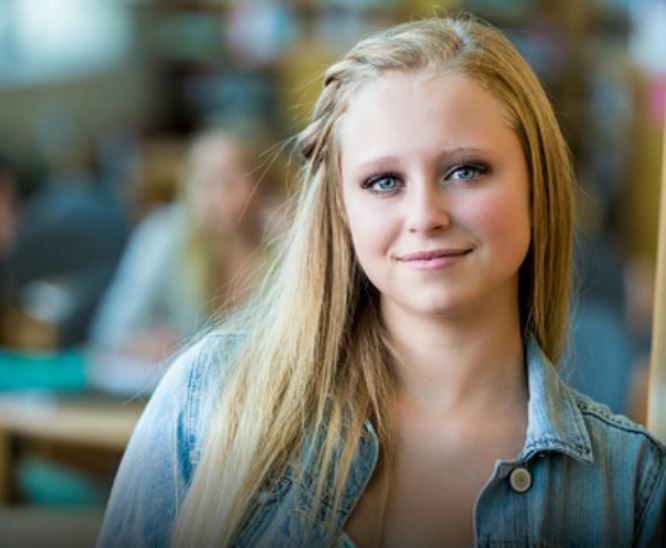
The term “aging out” in the foster care system is used to describe the process when a youth transitions from the formal control of the foster care system, including home, school and financial systems, towards independent living.
Older youth in foster care are one of the most vulnerable populations in this country. They are less likely to reach a permanent home and may languish in the foster care system for years before aging out. In the US each year, approximately 20,000 young people between the ages of 18-21 age out of the system and these youth are expected to make it on their own as independent adults. Some leave foster care and become homeless on day one. Many never graduate from high school. Most are underemployed, and even later, at age 26, earn less than half what their peers do. Without the benefit of family and community support systems, they are at a much higher rate than the general population of becoming homeless, unemployed, experiencing unplanned pregnancies, and incarcerated at great cost to themselves and our society.
At CASA of Morris and Sussex Counties, our Fostering Futures program strives to eliminate these negative outcomes by assigning trained volunteer mentors to prepare these youth starting at age 14, to successfully live independently so that they have the resources and skills in place before they age-out of foster care. When someone cares and is advocating for these at-risk youth, this can change their story.
The Fostering Futures program involves three strategic components:
- Connecting: to connect youth who have no home to call their own with a positive adult role model to count on for ongoing support as they transition out of foster care and beyond into adulthood
- Mentoring: focuses on identifying the youth’s strengths, areas for improvement, and the resources and services needed to establish the youth on a path toward a healthy, productive life. The emphasis is on life skills such as work and study habits, maintaining healthy relationships, planning and goal setting, using community resources, and daily living activities.
- Coaching: inspired by the University of Michigan’s “Possible Selves” research model of youth advocacy and development. The model helps youth reach their full potential by promoting a positive self-identity, and helps youth set goals for their future. There is an individualized “Action Plan” with deadlines for the youth to meet and monitor progress with their CASA volunteer mentor.
In the Fostering Futures Program, CASA volunteers receive specialized training focused on enabling educational success, preparing youth for adulthood, increasing access to living wage employment, and promoting health—including improving access to mental health services, as well as preventing substance use disorders and unintended pregnancy.
CASA volunteers are paired with a youth in foster care so that they can guide them along the way to adulthood. This was the case for Nancy, one of our CASA volunteers who was specially trained as a volunteer mentor for the Fostering Futures Program. Nancy was paired up with 16-year-old Jackie when she was removed from her home by the New Jersey’s Division of Child Protection and Permanency (DCP&P) due to abuse and neglect by her mother, a long-time suffering alcoholic. DCP&P evaluated suitable foster homes and eventually placed her in her uncle’s home.
Along with the DCP&P caseworker and Jackie’s uncle, Nancy suspected that Jackie was bulimic. Jackie was evaluated and found to have an eating disorder. Jackie’s therapy required that she enter an in-patient facility in South Jersey, and Nancy visited her there and supported her throughout her recovery.
Once her in-patient therapy was completed, she was placed in a Sussex County foster home where her progress could be monitored more closely. Nancy continued to strengthen her connection with Jackie during many visits at this home. She found Jackie an eating disorder therapy center and Jackie began sessions for counseling and peer support. She also advocated for Jackie to receive dental braces.
Nancy wanted Jackie to benefit from the Fostering Futures Program’s components that prepare teens for their eventual independence from the foster care system. She acted as a resource for Jackie’s college preparation, mentoring and coaching her with her application and interview process. They both talked about Jackie’s vision of what a successful future would look like for her.
Over the course of two years, Nancy built a strong relationship with Jackie and served as a reliable role model for the teen. When Jackie entered college, Nancy could not help but think about how far Jackie had come from her unstable home life, to recovery from bulimia, to fulfilling her dream of attending college. By connecting, mentoring and coaching Jackie through her time in foster care, Nancy successfully changed the course of Jackie’s life in a positive way.
